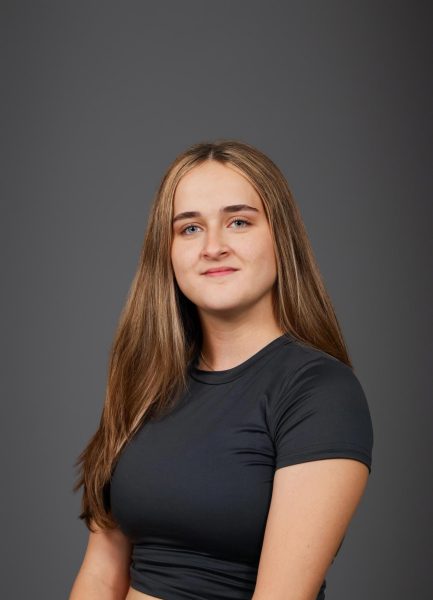From being in the audience to a juror, or a bailiff to an attorney to judge, the courtroom is filled with people ready to participate in cases. The defendant walks into the courtroom expecting adults but is met with a true courtroom of their peers in the Williamson County Courthouse.
In Teen Court, students from the ages 14 to 18 who are homeschooled or go to public or private schools all come together and work in a courtroom with real cases deciding the punishments of the students who have made minor offenses to the law. The offense could be speeding, verbal assault, public intoxication, etc, and a common punishment is community service hours ranging from 10 to 35 hours. Seniors Amia De Leon, Samantha Jameson and junior Anna Edwards participated in Teen Court.
“It’s just fun to be able to get the experience of being in a courtroom more than anything else,” Jameson said. “I want to go into law later, and having the experience, having the knowledge of how everything works and just knowing the positions, knowing what you’re supposed to be saying is important.”
De Leon said Teen Court is treated very seriously because the defendants are real people. The students all take oaths to be honest because what they say or do will impact the defendant.
“It is real,” De Leon said. “You’re not just showing up in jeans and a sweater. It feels like an actual courtroom [because] you have to dress up, girls typically wear heels, you have to wear close-toed shoes and you have to have a suit jacket on.”
Teen Court is on Mondays, twice a month. Students can start by watching and listening to figure out if they are interested in trying a position.
“[I was nervous about] having to speak in front of people because I am not a very good speaker, which is why I joined teen court,” Jameson said. “So if you’re interested in scaling the ranks faster in college, then join, and you’ll enjoy it.”
At Teen Court, juveniles who have been charged with minor offenses can dismiss their cases and clear their record entirely through basic punishments like community service hours or anger management classes if the offense is more severe.
“As a defense attorney, my interactions with the client show how I’m really in control of their sentencing,” Edwards said. “It’s my duty to illustrate the situation in a more humane light to show how it was a rash mistake and not defining their whole personality.”
Jameson said being present as the defendant in reality is scary and very intimidating. The defendants are only teens and Jameson said it can be overwhelming to face adults who have higher expectations and who are less relatable then the teens in Teen Court.
“I feel like [it’s better] to be judged by your own peers instead of being judged by people that [are] older than you,” De Leon said. “I don’t feel like adults judging teens for minor defenses carries the same weight [as] when teens do it.”
We are all people and people make mistakes, but to learn from them is the most difficult part, Edwards said. Whether it was for speeding or intoxication, learning and improving from mistakes will always be a vital part in how a person’s future will play out.
“When we were having a preliminary meeting with the defendant and [got] a glimpse of their personality, it made me realize that they’re human too and make mistakes like anyone else,” Edwards said. “Everyone deserves a second chance to learn and grow from this and have their record cleared so their future career isn’t at stake.”


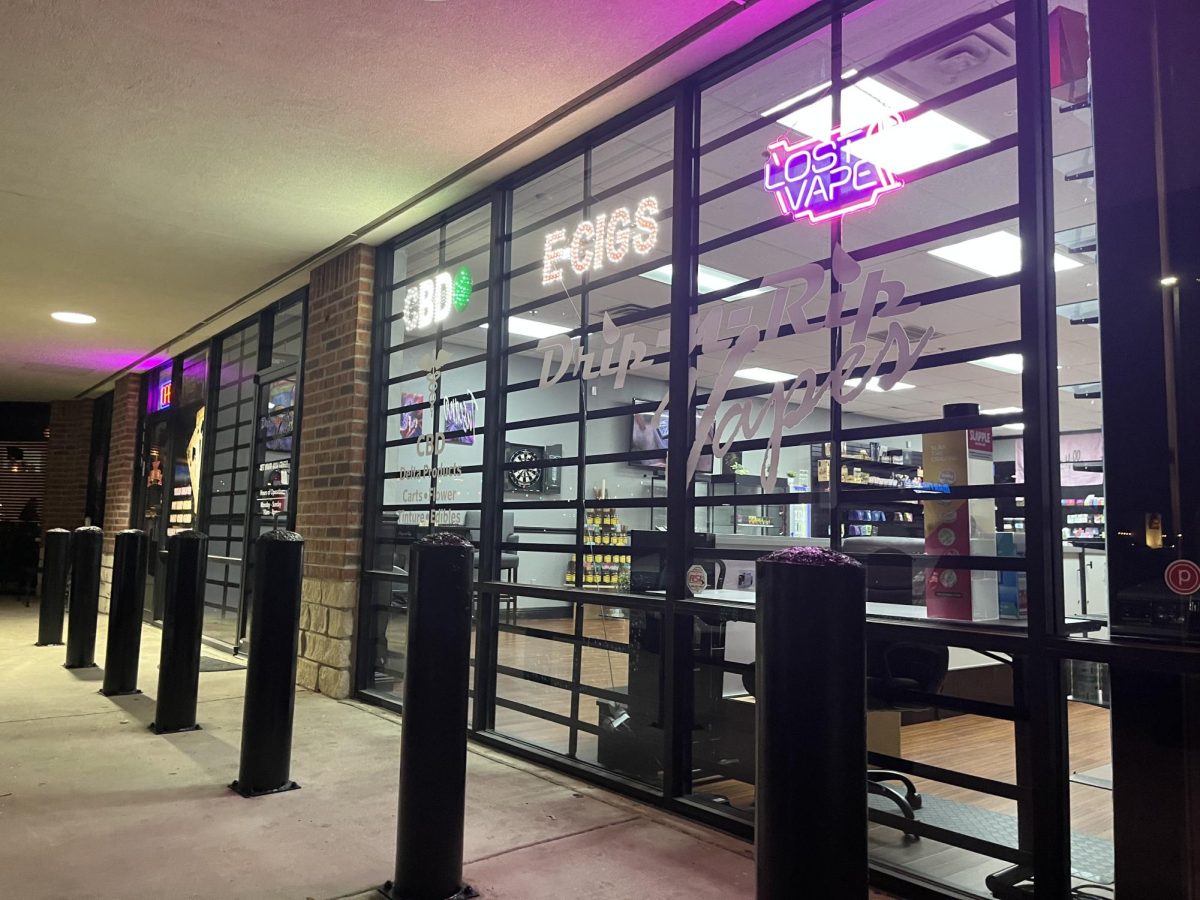
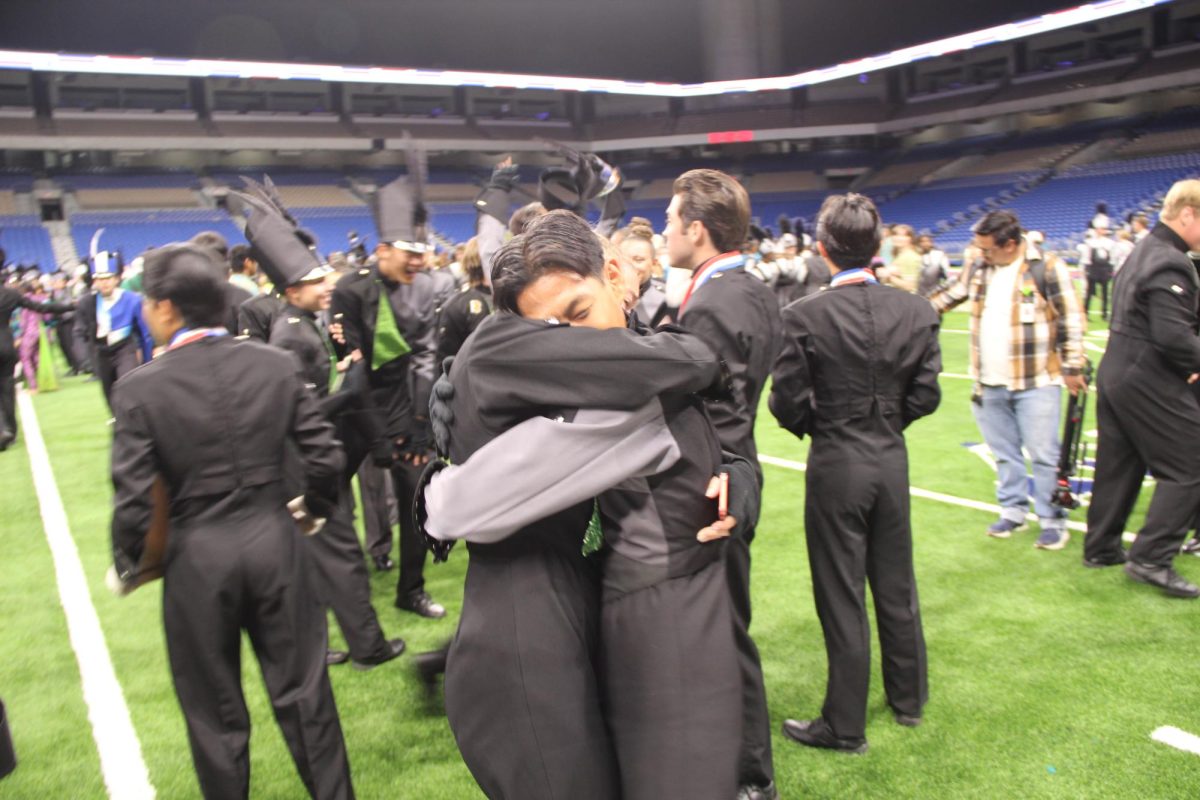
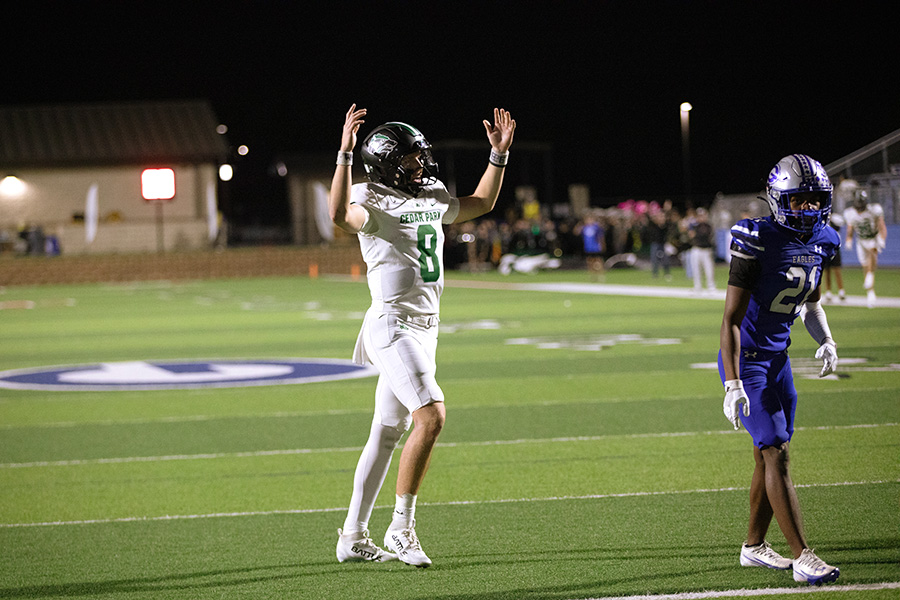
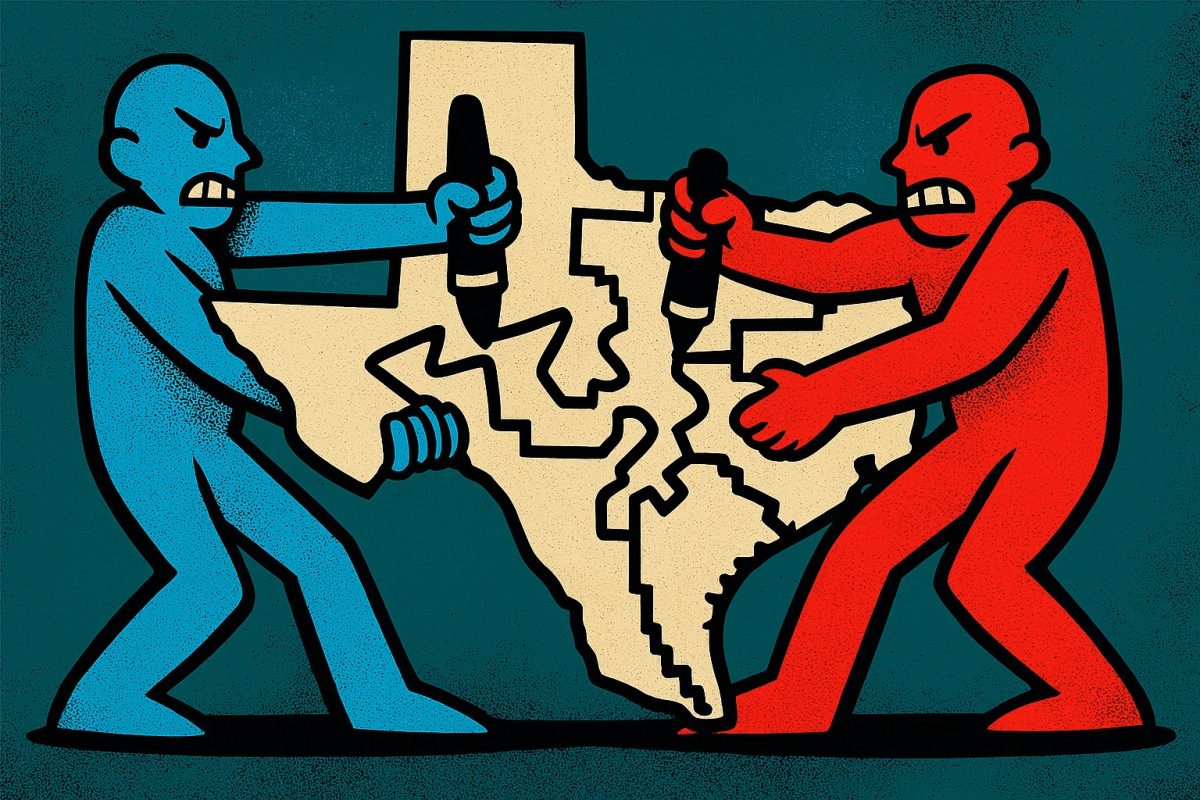
![Senior Jett Mckinney stores all the clothes in his own room, with half of it stored in his closet along with his personal clothes, and the rest taking up space in his room.
“There’s been times [when] there’s so much clothing stored here and it gets overwhelming, so I end up having to sleep somewhere else in the house,” Mckinney said.](https://cphswolfpack.com/wp-content/uploads/2025/11/DSC_0951-1200x800.jpg)
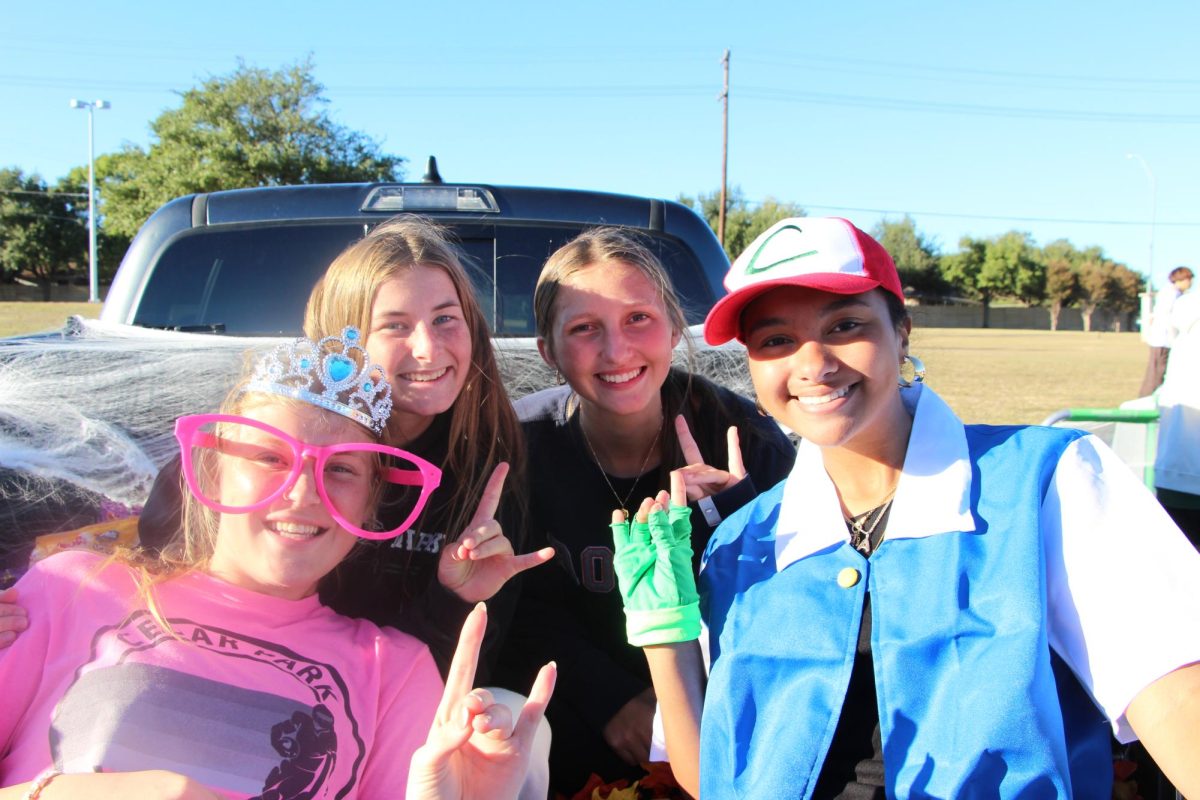


![Broadcast, yearbook and newspaper combined for 66 Interscholastic League Press Conference awards this year. Yearbook won 43, newspaper won 14 and broadcast took home nine. “I think [the ILPC awards] are a great way to give the kids some acknowledgement for all of their hard work,” newspaper and yearbook adviser Paige Hert said. “They typically spend the year covering everyone else’s big moments, so it’s really cool for them to be celebrated so many times and in so many different ways.”](https://cphswolfpack.com/wp-content/uploads/2025/05/edited-ILPC.jpg)




![Looking down at his racket, junior Hasun Nguyen hits the green tennis ball. Hasun has played tennis since he was 9 years old, and he is on the varsity team. "I feel like it’s not really appreciated in America as much, but [tennis] is a really competitive and mentally challenging sport,” Nguyen said. “I’m really level-headed and can keep my cool during a match, and that helps me play a bit better under pressure.” Photo by Kyra Cox](https://cphswolfpack.com/wp-content/uploads/2025/09/hasun.jpg)

![Bringing her arm over her head and taking a quick breath, junior Lauren Lucas swims the final laps of the 500 freestyle at the regionals swimming competition on date. Lucas broke the school’s 18-year-old record for the 500 freestyle at regionals and again at state with a time of 4:58.63. “I’d had my eye on that 500 record since my freshman year, so I was really excited to see if I could get it at regionals or districts,” Lucas said. “ State is always a really fun experience and medaling for the first time was really great. It was a very very tight race, [so] I was a bit surprised [that I medaled]. [There were] a lot of fast girls at the meet in general, [and] it was like a dogfight back and forth, back and forth.” Photo by Kaydence Wilkinson](https://cphswolfpack.com/wp-content/uploads/2025/03/Kaydence-2.7-23-edit-2.jpg)
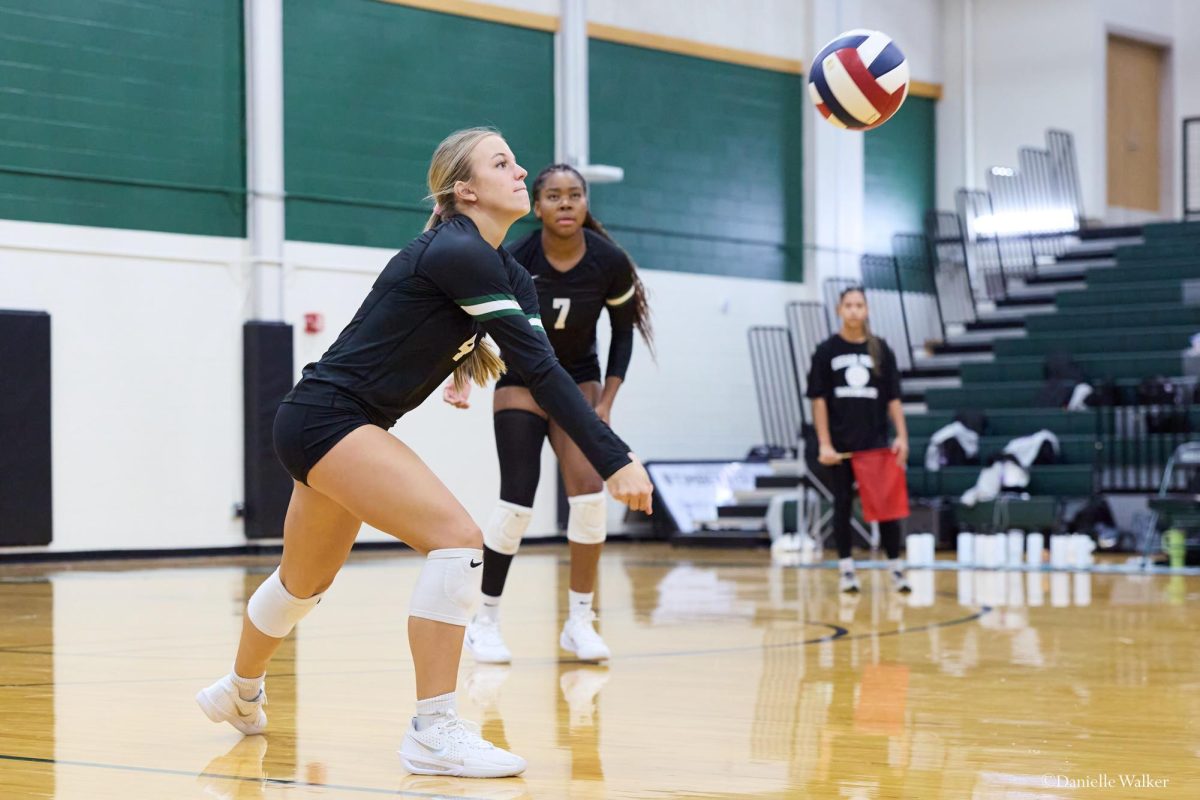

![As her hair blows in the wind, senior Brianna Grandow runs the varsity girls 5K at the cross country district meet last Thursday. Grandow finished fourth in the event and led the varsity girls to regionals with a third place placement as a team. “I’m very excited [to go to regionals],” Grandow said. “I’m excited to race in Corpus Christi, and we get to go to the beach, so that’s really awesome.” Photo by Addison Bruce](https://cphswolfpack.com/wp-content/uploads/2025/10/brianna.jpg)

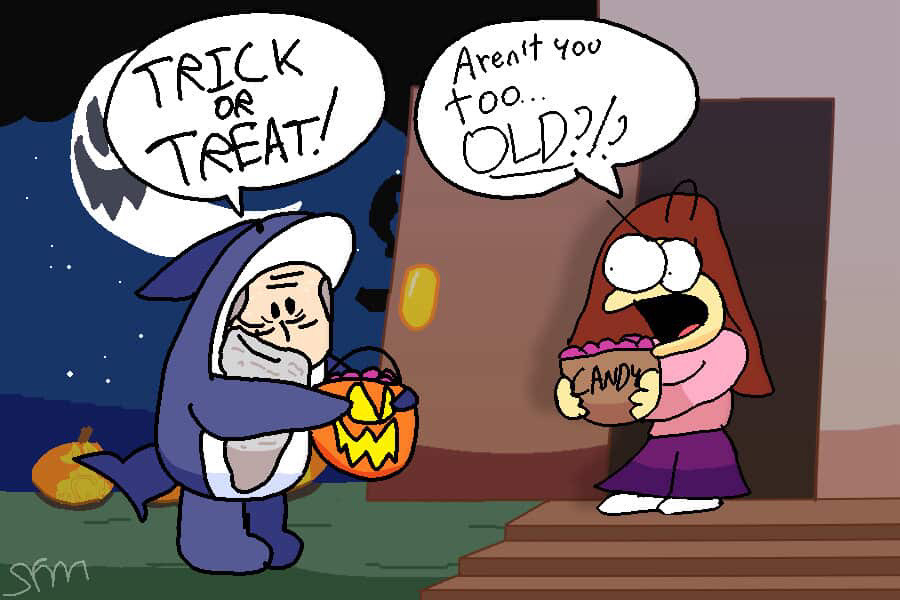













![Lining in front of the Cedar Lake Courthouse where people of all ages enter to receive the final decisions of the crime they committed enters teenagers meant to be the last voice heard before their peers are convicted. Teen Court has meetings on Mondays, twice a month. “I originally did [Teen Court] for the service hours that it offered but stayed because of the connections,” Edwards said. ”The skills I’ve learned in public speaking and argumentation have helped me so much.”](https://cphswolfpack.com/wp-content/uploads/2025/04/Teen-Court-1200x900.jpg)
